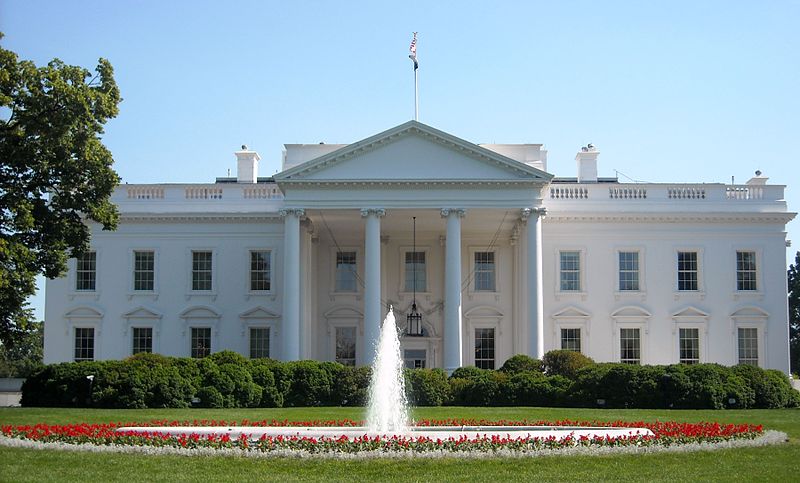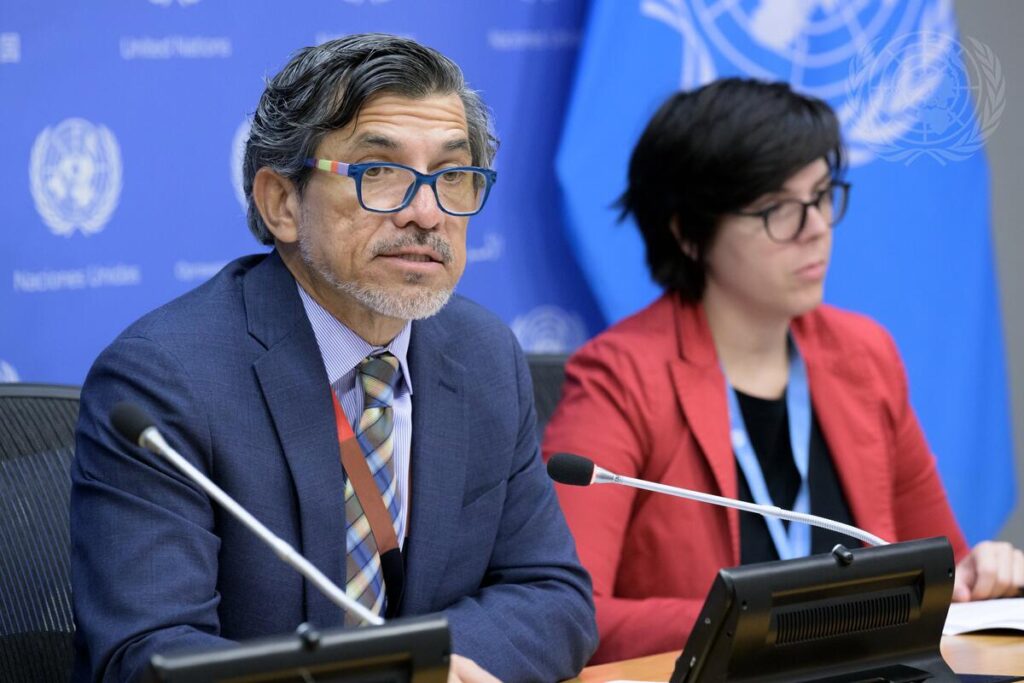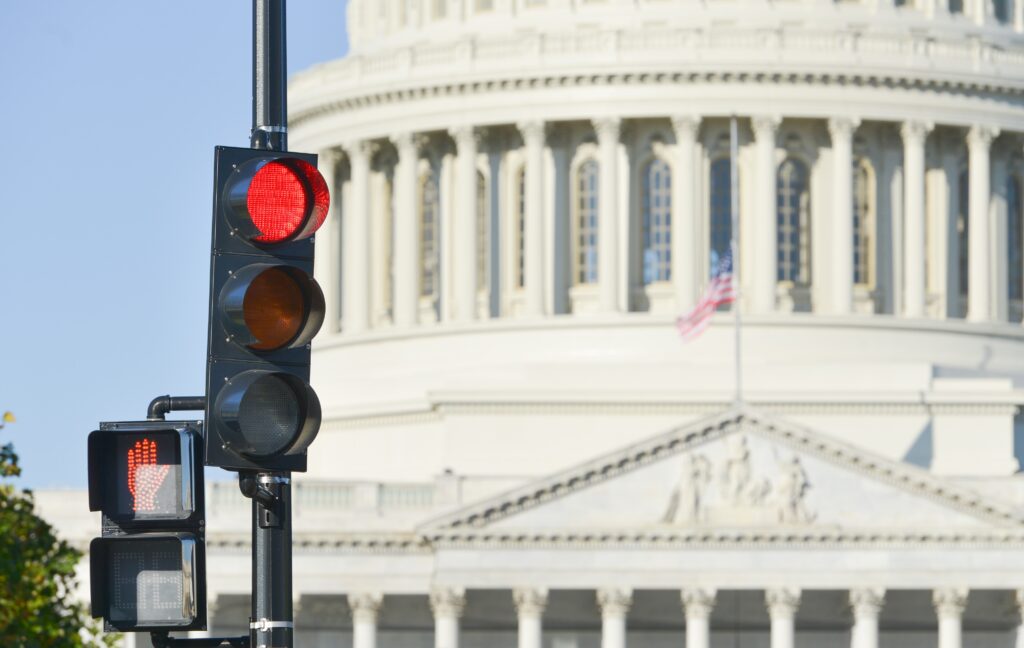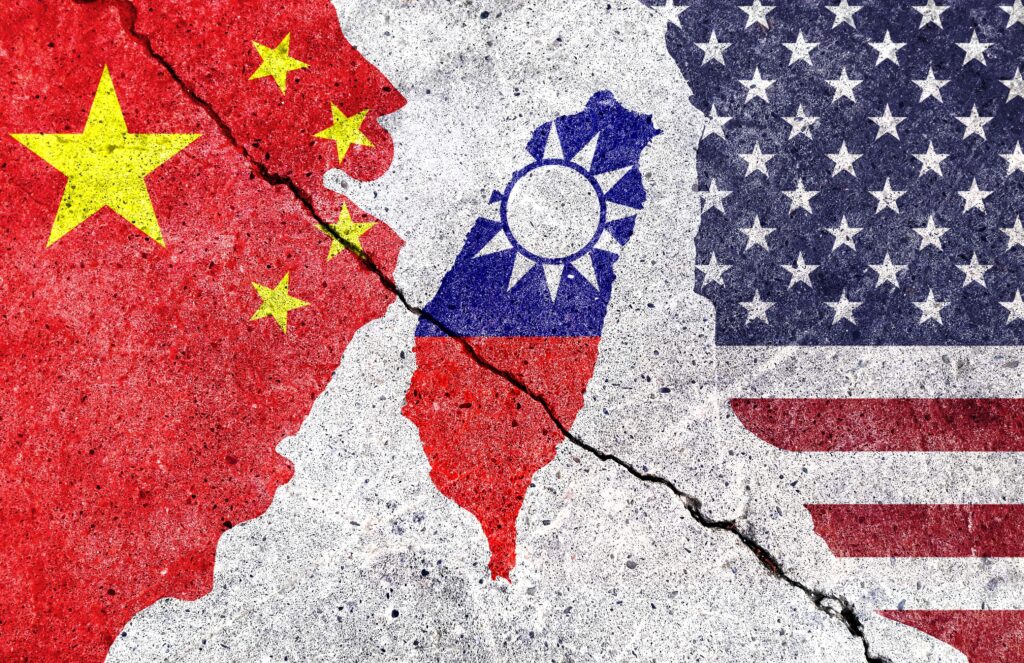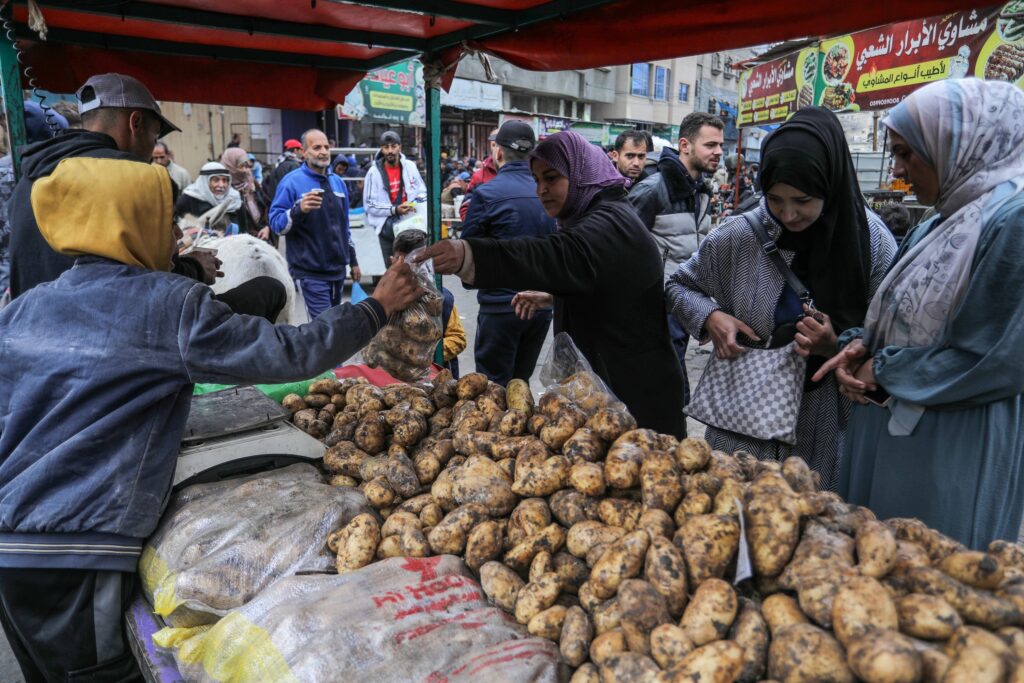Each year, BWC formulates recommendations based on anticipated funding needs for the accounts that cover the United Nations. A summary of recent funding for these accounts and our Fiscal Year (FY) 2023 recommendations is provided below.
CONTRIBUTIONS TO INTERNATIONAL ORGANIZATIONS (CIO): $1.65 BILLION
The CIO account funds U.S. assessments for the UN regular budget (UNRB) and more than 40 other international organizations, including UN specialized agencies and non-UN organizations like NATO and the Organization of American States. Funding through the CIO account helps support the work of the UN and its family of agencies on an array of U.S. policy priorities, including:
- The work of the World Health Organization to address the COVID-19 pandemic by providing policy guidance, testing and treatment supplies, and vaccines around the world;
- The International Atomic Energy Agency, which continues to play a key role in monitoring Iran’s nuclear program and preventing the spread of nuclear weapons to other rogue countries;
- The Food and Agriculture Organization of the United Nations, which focuses on long-term efforts to fight hunger and support sustainable agriculture, food safety, and animal health;
- Special political missions operating in Afghanistan, Iraq, Somalia, Libya, Colombia, Yemen, and other countries that are either undergoing or emerging from conflict, where they work to advance peace negotiations and mediation processes, investigate human rights abuses, support the development of effective governing institutions, and facilitate free and fair elections; and
- Much of the UN’s core international human rights monitoring and advocacy work.
In addition to adequately funding the CIO account, Congress and the Biden Administration must work together to address the timing of payments to the UN. Since the 1980s, the U.S. has paid its UNRB dues nine months late every year, in the fall, even though the UN’s fiscal year begin on January 1 and bills are sent to Member States in the first quarter. This practice has exacerbated regular liquidity challenges at the UN, repeatedly threatening the organization’s ability to pay staff and vendors and forcing the UN Secretary-General to periodically institute hiring restrictions, spend down cash reserves, and take other undesirable austerity measures. No organization, particularly one as consequential as the UN, can adequately fulfill its obligations when operating under such persistent budgetary uncertainty. As a result, we urge Congressional appropriators and the White House to reach a mutually beneficial solution that allows the U.S. to pay its UNRB dues in a more expeditious manner.
CONTRIBUTIONS FOR INTERNATIONAL PEACEKEEPING ACTIVITIES: $2.577 BILLION
The CIPA account funds U.S. assessments for 10 UN peacekeeping missions, including critical operations in Mali, South Sudan, the Democratic Republic of the Congo, Central African Republic, Lebanon, and the Golan Heights. All missions are approved by the UN Security Council—of which the U.S. is a permanent member with veto power—and play a central role in promoting stability, protecting civilians, and mitigating conflict in key regions. UN peacekeeping operations are extremely cost-effective and do not require the U.S. to put boots on the ground.
Assessment rates for peacekeeping are determined by each country’s ability to pay, with permanent members of the Security Council paying slightly more than they do for the regular budget in recognition of their unique responsibility for greenlighting peacekeeping missions. Under this formula, the U.S. is currently assessed at a rate of 26.94 percent. Unfortunately, since the mid-1990s, U.S. law has arbitrarily capped U.S. contributions to UN peacekeeping at 25 percent. While Congress has frequently waived this requirement on an ad hoc basis, between Fiscal Year 2017 and Fiscal Year 2022 it did not do so, causing the U.S. to accrue more than $1 billion in cap-related arrears.
In part because of these underpayments, UN peacekeeping faces a persistent cash crunch, and the UN is unable to sufficiently reimburse countries who participate in peacekeeping for their contributions of personnel and equipment. This creates significant challenges for troop-contributors, most of whom are lower-income countries that rely on reimbursements to help sustain complex longer-term peacekeeping deployments. Continued U.S. underpayments also threaten to:
- Erode U.S. Influence at the UN and Cede the Floor to Countries That Do Not Share Our Values. China, which like the U.S. is also a permanent member of the UN Security Council, has significantly increased its participation in UN peacekeeping in recent years. Currently, it is the tenth largest troop-contributor (providing more than the U.S., UK, France, and Russia combined), and the second largest financial contributor. China is seeking to use this expanded profile to more aggressively articulate its agenda at the UN, including by challenging the human rights and civilian protection related aspects of UN peacekeeping mandates; and
- Undermine Our Ability to Push for Critical Reforms at the UN, Sapping the Good Will and Cross-Regional Support Necessary to Make Progress on Our Priorities. During the Obama Administration, the U.S. and UN worked together to adopt several critical reforms and efficiencies, cutting the cost per peacekeeper by 18 percent and reducing the number of support staff on missions to lower administrative costs. The UN also undertook important efforts to combat sexual exploitation and abuse by UN personnel, including an unprecedented policy calling for the repatriation of entire units whose members engaged in widespread instances of abuse. This was all done at a time when the U.S. was not enforcing the 25 percent cap. Failing to pay our dues in full alienates likeminded countries, sends the message that we are more interested in punishing the organization than improving it, and makes it less likely that future U.S. entreaties around cost, efficiency, and accountability will be taken seriously.
BWC’s FY’23 recommendation for CIPA includes sufficient funds to pay our estimated FY’23 peacekeeping assessments at the full assessed rate, plus an additional $1.079 billion to pay back arrears. In order to make these payments, language will need to be included in the FY’23 legislation waiving the statutory cap.
PEACEKEEPING OPERATIONS: $553 MILLION
The PKO account supports several non-UN regional peacekeeping operations and bilateral security initiatives, including an international observer force in the Sinai Peninsula that monitors security provisions of the Egypt-Israel Peace Treaty. PKO also finances U.S. assessments for the UN Support Office in Somalia (UNSOS), which provides critical equipment and logistical support to the African Union Mission in Somalia. By working to help local forces defeat Al-Shabaab, an Al-Qaeda linked terrorist group that has carried out numerous attacks in Somalia and the wider region, both entities play an essential role in advancing U.S. counterterrorism objectives in East Africa. BWC’s FY’23 recommendation would allow the U.S. to fulfill its current financial obligations to UNSOS, as well as pay back an estimated $98 million in arrears accrued from FY’17-FY’22 due to application of the aforementioned peacekeeping cap.
